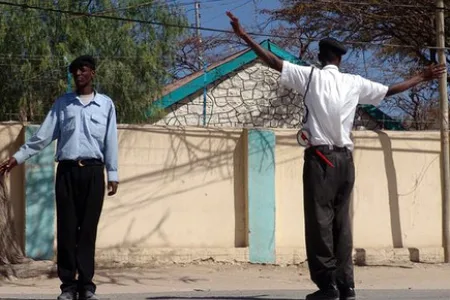The rule of law in peacebuilding contexts: lessons from Somalia

Rule of law (RoL) programming is caught in the middle of the peacebuilding/statebuilding discussion. Twenty-firstcentury post-conflict RoL programming seems to have become more statist in character and highly focused on the criminal justice chain. A key question, however, is how external RoL/statebuilding assistance can address the gap between society and the central state so as to in effect give the RoL a greater peacebuilding function. Southern Somalia provides an example of failed RoL/statebuilding, but in Somaliland the existence of an inclusive political settlement has allowed United Nations RoL assistance to contribute not only to core state capacities, but also to engagement with civil society and arriving at innovative programming modalities, which in practice signifies an expanded interpretation of the concept of the RoL and thus of its social impact. Examples are given of engagement with “informal” customary systems and other sectors so as to contribute to the construction of more socially embedded police and justice practices capable of providing greater legitimacy to the state.